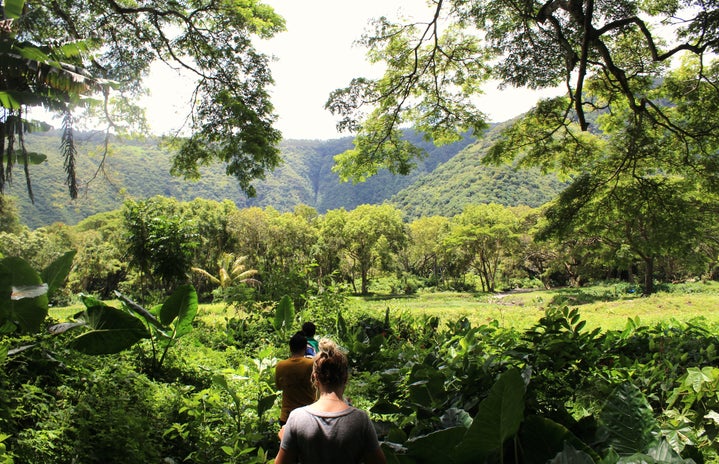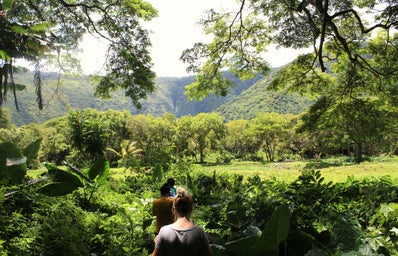It’s no secret that as a result of the COVID-19 pandemic, everyone, and I mean everyone is affected by its impact, directly or indirectly. Our new sites are flooded with developing stories and our daily lives revolve around a disease that cannot be seen but is exceedingly important to recognize for the health, safety, and well-being of the Earth and its inhabitants, and to socially distance.
As these are all essential topics in the news and in our daily lives to be informed about, I wish for people to see how quickly a system can change, especially now that climate change has been a proliferating topic in news sources since 2019. Just as the COVID-19 pandemic, everyone is going to be affected by climate change whether its impact is direct or indirect in our lives for the short term or long term effects. The health of the environment is now more important than ever.
- Increased Production and Travel Increases Carbon Emissions
-
Firstly, let’s take notice of how media looks at the temporary “benefits” of social distancing and avoiding air and ground travel in its relationship to the climate. As reported by BBC, heavily populated, industrial activity areas such as New York and China are experiencing clearer skies from a decrease in air pollution as levels of pollution in New York have reduced by nearly 50%, while global carbon emissions fell 25% in China since the start of the year. This preceded the acknowledgement of the intensity of the virus and the preventive measures taken to sustain the virus. However, we can’t credit this as an ideal silver-lining, really.
While buying and travelling have been reduced, what happens when the demand for products starts back up again and more intense measures of industrial activity speed up, or when people are more willing to travel by plane, car, etc.? Already 18.4% of global anthropogenic emissions are made due to a combination of industrial, manufacturing, and construction emissions, according to BBC. Increased production or travel traffic just may very well be going to increase greenhouse gases even more in the future.
- “Flattening the Curve”
-
You may have heard that our current lifestyle is dependent on the exponential growth of the economy. Well, our current lifestyle is also dependent on the exponential growth of declining animal populations and increasing climate change. An exponential growth trend shows how easily something detrimental can spiral out of control to the point of no returrn that it becomes finite if people don’t take the preventive measures necessary to “flatten the curve”. Look at how the photo above demonstrates how immediate, gradual preventive measures for the COVID-19 are essential to reduce the curve from rising higher. Now look at these exponential trend graphs for the COVID-19 cases, the declining honey bee population (affecting agriculture), seawater rising, and carbon emissions. Do they all look similar? Regardless of what valid and reliable science graph you look at, it will tell you that these things are real, and are in need of attention and action.
- Human Footprints Are Disrupting Ecosystems
-
By changing or destroying natural landscapes, humans are disrupting their ecosystems by hunting, building houses next to animal populations, and growing any livestock near their populations, as professor at Columbia University and president of the EcoHealth Alliance, Dr. Peter Daszak described. He even states, “our analysis shows that land use change — the conversion of tropical forest into agricultural land and livestock farms — is associated with around 30% of known emerging diseases.” Our role in nature’s ecosystem is equal to, say the bee populations, as we need to move away from a non-dualistic and anthropocentric viewpoint as a collective society. All of nature has equal rights, under the governed rule of the Earth’s viable ecosystem.
Change is possible. Our capacity for quicker change in the world is possible. There’s no time like the present. Especially when life on Earth has been interrupted for people to notice that nature isn’t whole right now. Sustainability is part of the conversation.



